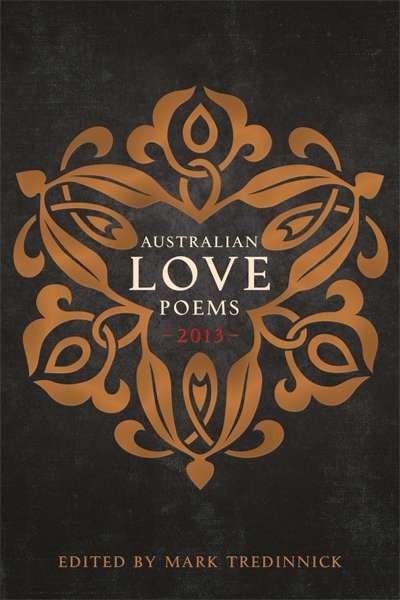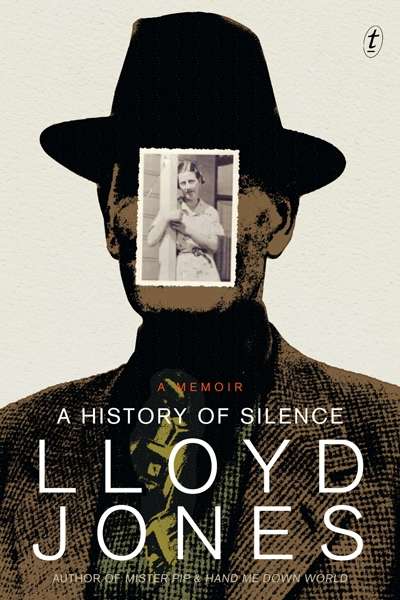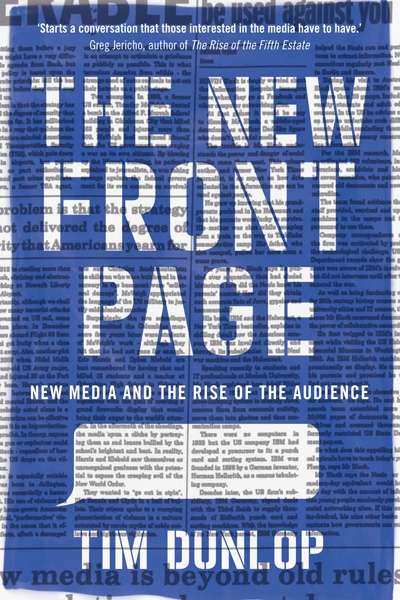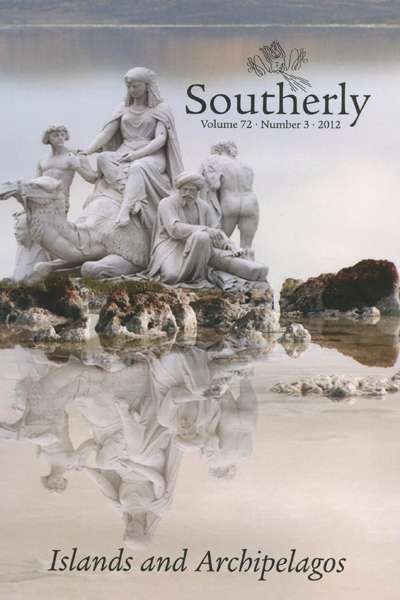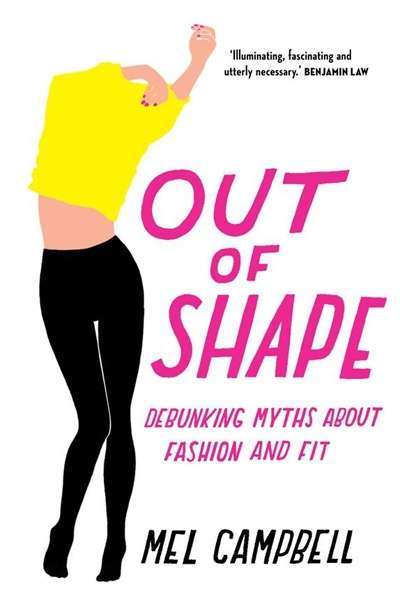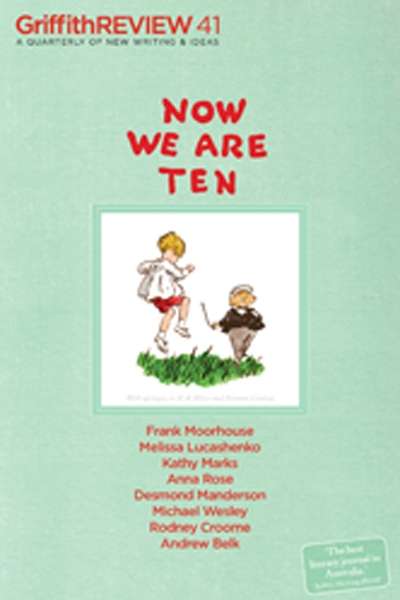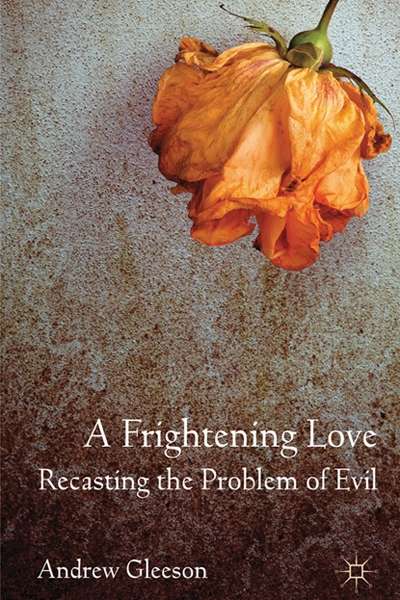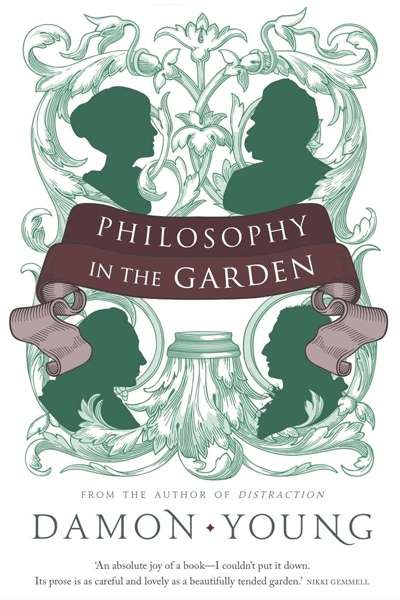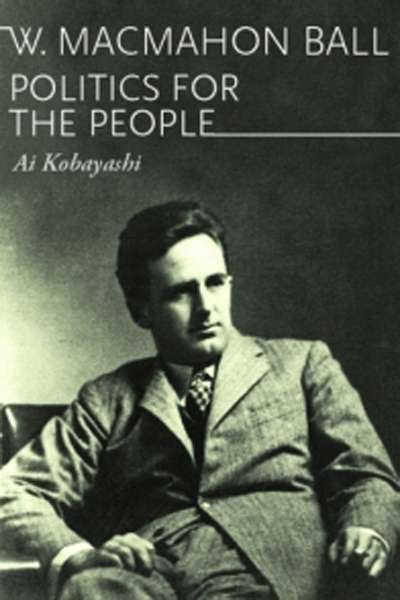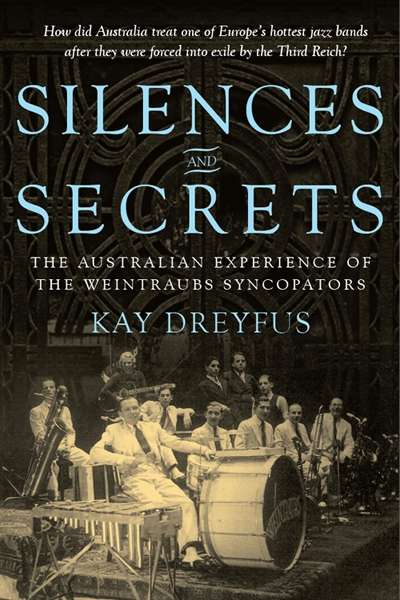Non Fiction
Some things just don’t appear to go together, unless you are good at puzzles. A fox, a goose, and a bag of beans, for instance; or maybe a wolf, a goat, and a cabbage. Then there are Australia, love, and poetry. Australians and poetry can’t be left alone together, can they, and don’t expressions of love ...
... (read more)When Mark Twain arrived in Watsons Bay in 1895, he called out from his ship that he was going to write a book about Australia. ‘I think I ought to start now. You know so much more of a country when you haven’t seen it than when you have. Besides, you don’t get your mind strengthened by contact with ...
... (read more)The New Front Page: New Media and the Rise of the Audience by Tim Dunlop
Ten years ago, if you moved in certain journalistic circles, calling yourself a blogger was about as popular as leprosy. Few in the industry had respect for the platform, and fewer still would have read your work. Print journalists seemed divided on whether blogging was a joke or a threat ...
... (read more)Southerly Vol. 72, No. 3 edited by David Brooks and Elizabeth McMahon
Elizabeth McMahon is afflicted with the love of islands. In editing this issue of Southerly, her introduction tells us, she wanted to explore our fascination with them, in our imaginations and in our reality as an island continent surrounded by island nations.
... (read more)Out of Shape: Debunking Myths about Fashion and Fit by Mel Campbell
Much has been said about our tendency to feel bad about our bodies, but not quite in the way Mel Campbell goes about it. The fit of clothes is a more interesting, if more elusive, cultural story than the predictable outrage over fashion’s ever slimmer bodies or recent storms about ‘plus size’ models. Out of Shape addresses these controversies but also goes to the frontline of fashion and fit: malls, big-brand manufacturers, and their fraught strategies for streamlining a comprehensible – and marketable – logic between clothing size and the heterogeneous human body. Though it is her first full-length work, the book explores a question that Campbell has been pondering in blogs, journalism, and reviews for years: why can finding clothes that fit well feel so torturous?
... (read more)And so Griffith Review is ten. It’s a credit to the publishing smarts of founding editor Julianne Schultz that the journal is now a fixture on the cultural landscape, alongside the country’s older literary journals. Griffith is the vantage not of the outraged so much as the frustrated, a reliable forum for passionate criticisms aimed at the inadequacy of political discourse in contemporary Australia. This inadequacy is what Schultz calls the ‘shrill negative timidity and lack of ambition’ in the way political, economic, social, and environmental challenges are framed in public debate. For instance, in one of the liveliest pieces in this issue, Melissa Lucashenko rails against the stereotyping of our urban poor. She writes this as one herself now living in cheap housing in Logan City, Brisbane, one of Australia’s ten poorest urban areas. Quoting Orwell, she finds a kind of relief, being at last genuinely ‘down and out’. It gives her a more nuanced, compassionate perspective – the desideratum of all Griffith contributors – on debates around housing, drugs, and domestic violence.
... (read more)A Frightening Love: Recasting the Problem of Evil by Andrew Gleeson
The main aim of this book, which is written by a philosopher for other philosophers, is to take them to task for their failings. As Andrew Gleeson writes in his preface, ‘overall the book is a case study in the dissociation of a certain way of doing philosophy from its subject matter’.
... (read more)P hilosophy in the Garden is the latest book from philosopher and social commentator Damon Young. The text contributes to existing studies of the cultural and personal significance held by gardens. Young begins by noting that gardens ‘can console, calm and uplift’, as well as ‘discomfit and provoke’. This range of responses adds to the ‘philosophical value’ of these spaces. Young moves on to discuss several ‘great minds, and the gardens they loved (or loathed)’. These include the authors Leonard Woolf (best known for being Virginia’s husband), Colette, George Orwell, Marcel Proust, and Jean-Paul Sartre.
... (read more)W. Macmahon Ball: Politics for the People by Ai Kobayashi
William Macmahon Ball (1901–86) was many things: an academic, a diplomat, a writer, and what we would now refer to as a ‘public intellectual’. As Ai Kobayashi’s new study of this fascinating man ably demonstrates, Ball was predominantly an educator. In the classroom, through books, and in the media, Ball encouraged his audience to reflect more deeply and actively on Australia’s relations with the outside world. From World War II onwards, Australia’s relationship with Asia was among his chief concerns. During his time as Professor of Political Science at Melbourne University (1949–68), Ball did much to accelerate the development of Asian studies in Australia.
... (read more)Silences and Secrets: The Australian Experience of the Weintraubs Syncopators by Kay Dreyfus
Kay Dreyfus was inspired to write about the Weintraubs Syncopators after seeing a German documentary at the Melbourne Jewish Film Festival in 2000. The film recounted the story of this interwar dance and variety band, which had earned fame in Josef von Sternberg’s The Blue Angel (1930), and later used a European tour to escape from Hitler’s jazz- and Jew-hating régime. After a music-driven adventure across Russia and Asia, the group believed it had found a haven when it reached Australia in 1937, and secured a residency in Sydney’s high-society Prince’s restaurant. Then disaster struck. Accused of espionage, musicians accustomed to celebrity suddenly found themselves interned. Although they were later released, the band never reformed. Dreyfus was intrigued by the Syncopators’ story, but it was the film’s assertion of Australian responsibility for their destruction that piqued her intellectual curiosity.
... (read more)

